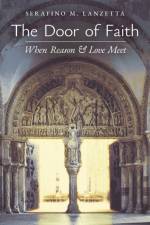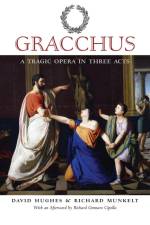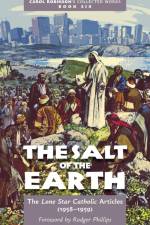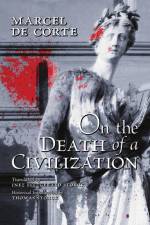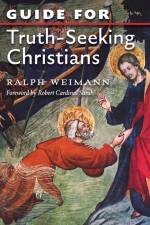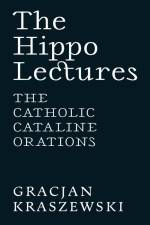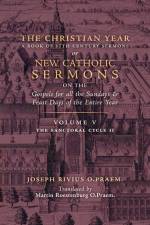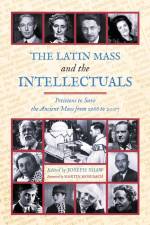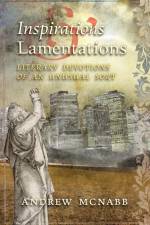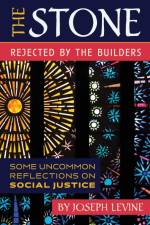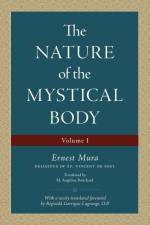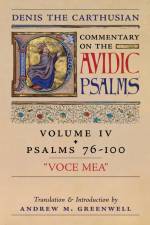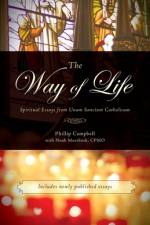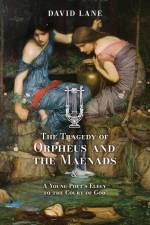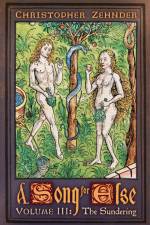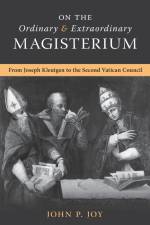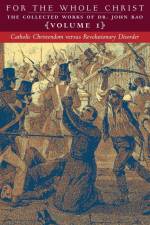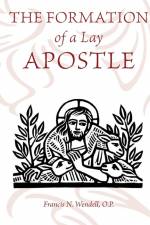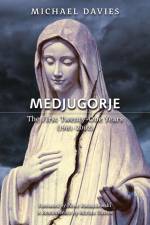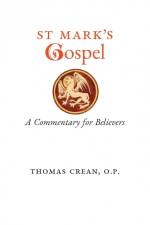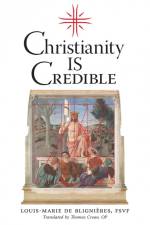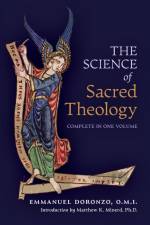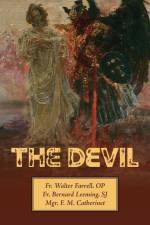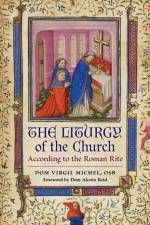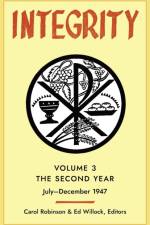von Emmanuel Doronzo
38,00 €
The four books (Introduction to Theology, Revelation, The Channels of Revelation, The Church)- conveniently gathered in this volume titled The Science of Sacred Theology-were written by the great but sorely neglected theologian, Fr. Emmanuel Doronzo, O.M.I. (1903-1976), as abbreviated texts of his Theologia Dogmatica, a two-volume work totalling over 2,000 pages. These four books were originally published by the Notre Dame Pontifical Catechetical Institute which was founded by Msgr. Eugene Kevane, dean of the school of education at the Catholic University of America. A native of the city of Barletta in South-Eastern Italy, a graduate of the Gregorianum and the Angelicum (where he was a student of the great Thomist master, Fr. Reginald Garrigou-Lagrange), Fr. Doronzo taught for decades in Europe and the United States, first in Turin, Italy, then at the scholasticate of the Oblates of Mary in San Antonio, Texas, and finally at the Catholic University of America. He was a two-time recipient of the Catholic Theological Society of America's Cardinal Spellman Award, receiving it, along with several other recipients, in 1947 (the first year this award was conferred) as well as a second time in 1951. And he served as a consultator for the American pre-conciliar theological commission for the Second Vatican Council, doing so along with his fellow CUA faculty member, Msgr. Joseph Clifford Fenton.These four books will introduce the reader to important foundational themes in fundamental theology and ecclesiology. In them, Fr. Doronzo clearly sets forth the traditional Thomistic teaching concerning the nature of theological science, the supernaturality of faith, the nature of revelation, the rational credibility of revelation, a clear summary of the various sources of theology (in the tradition of Melchior Cano's De locis theologicis), and a thoroughly documented introduction to ecclesiology. These texts will be of use to both teachers and students who are interested in the recovery of a traditional and robust Thomistic theology.

